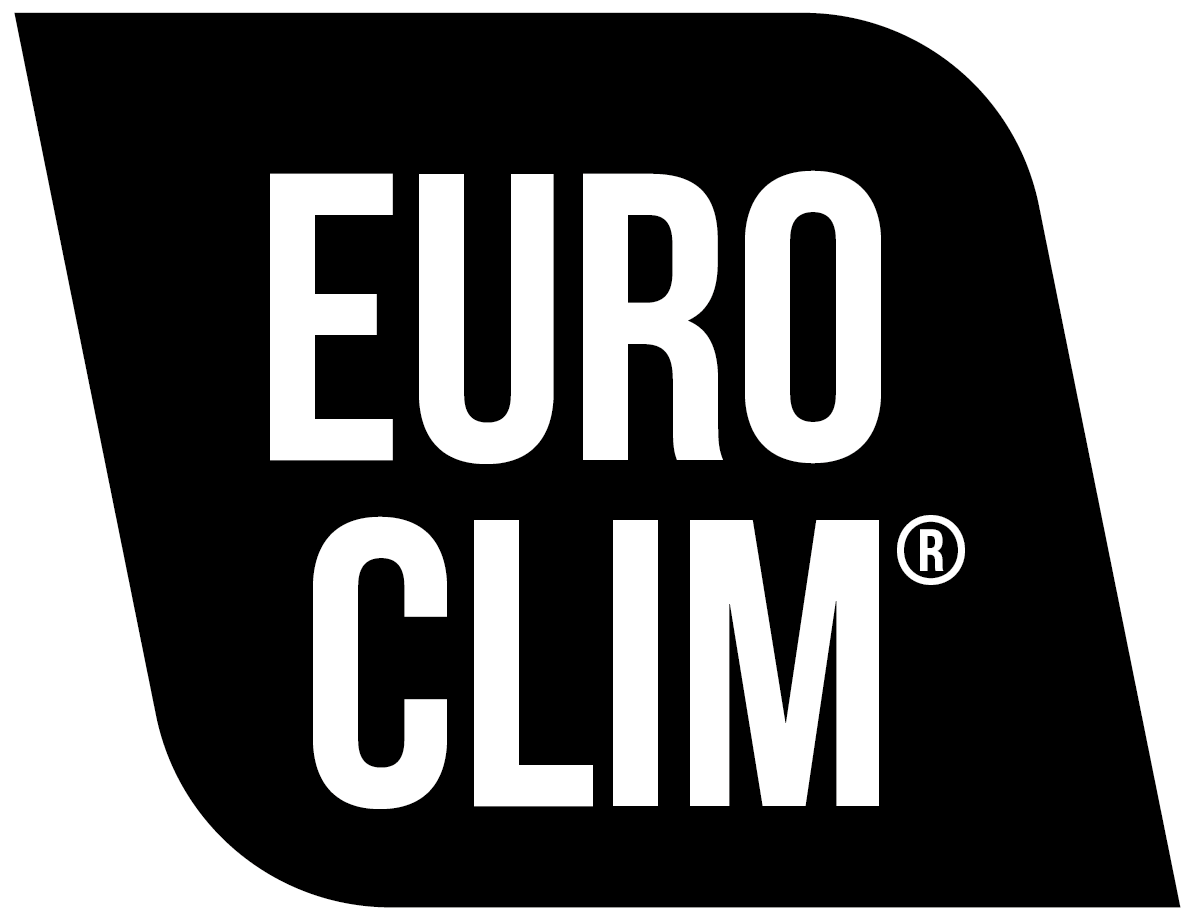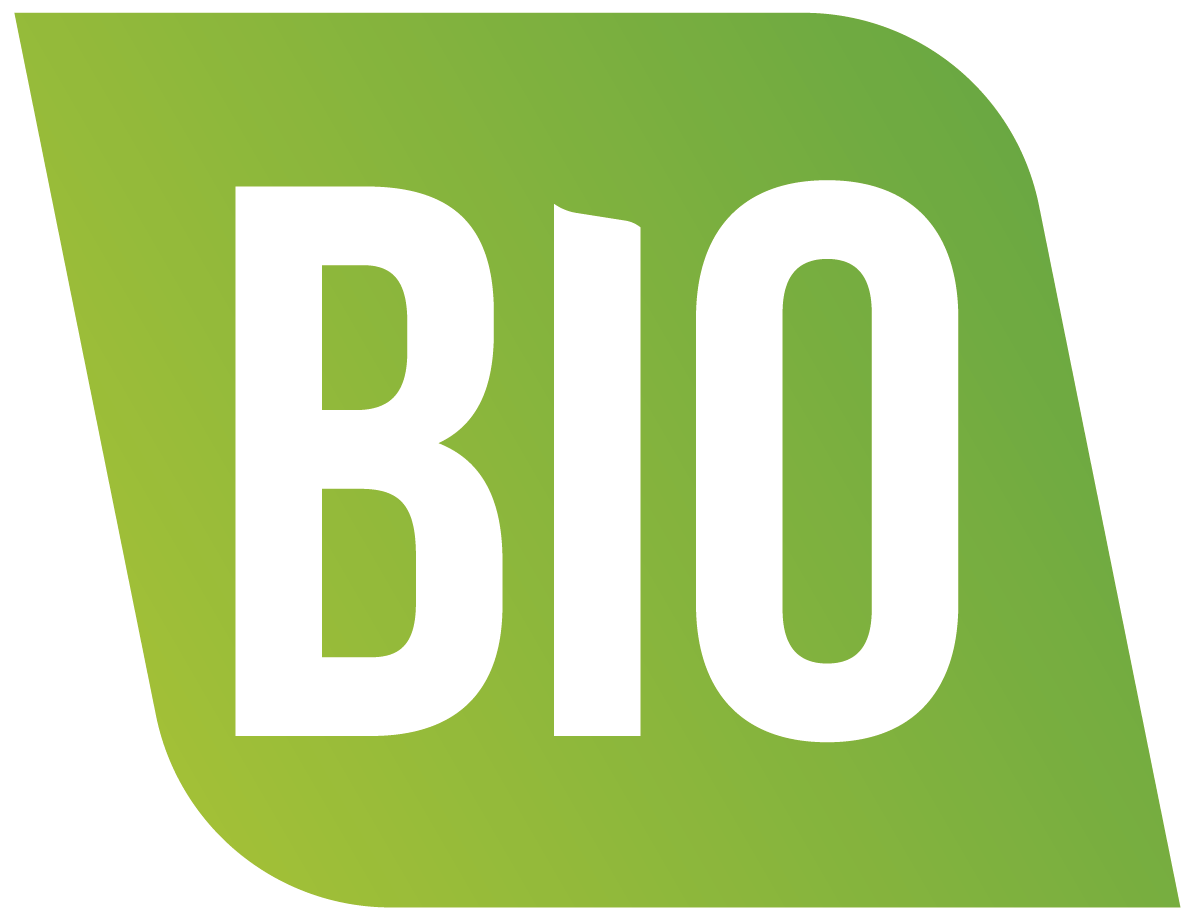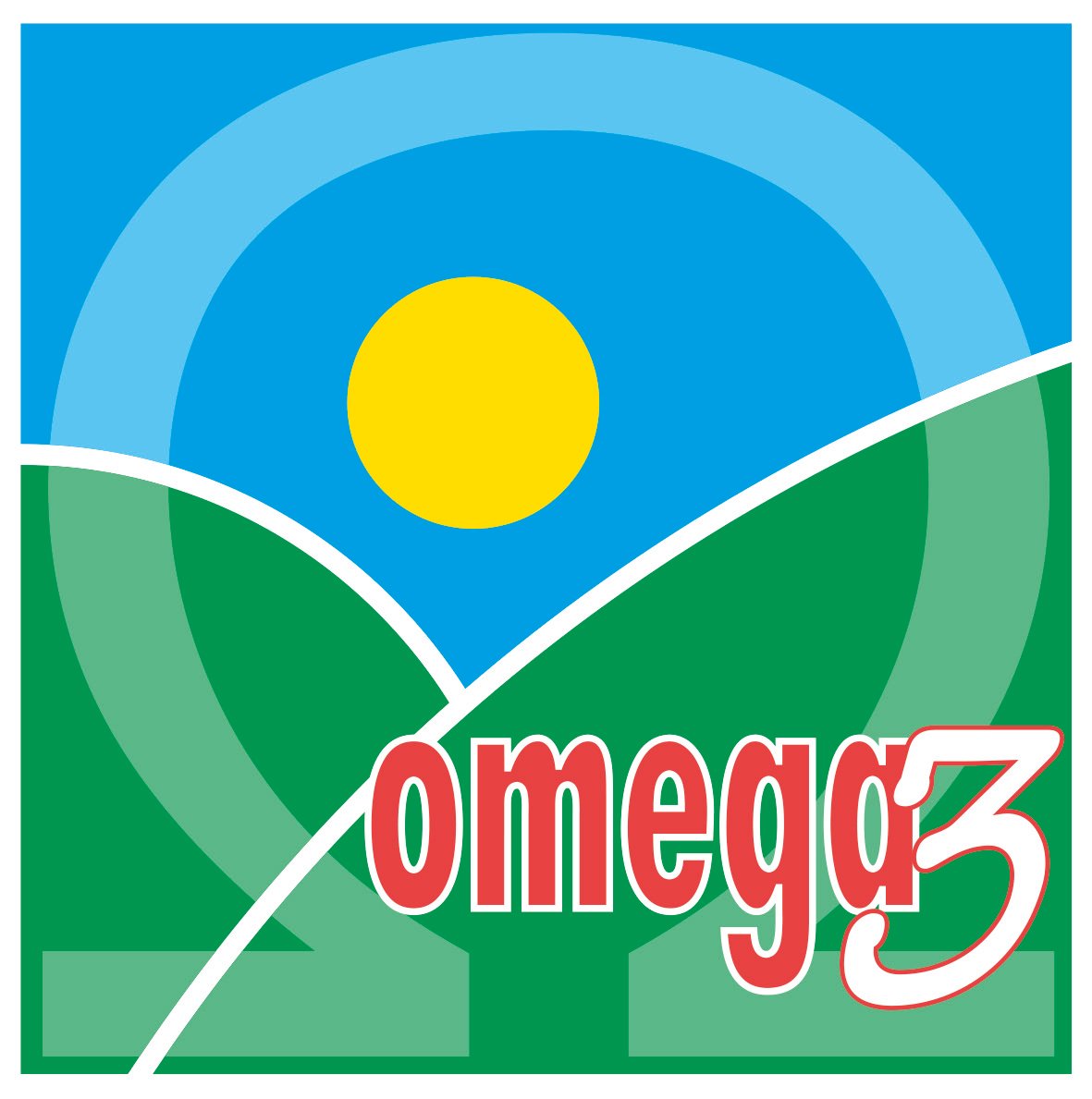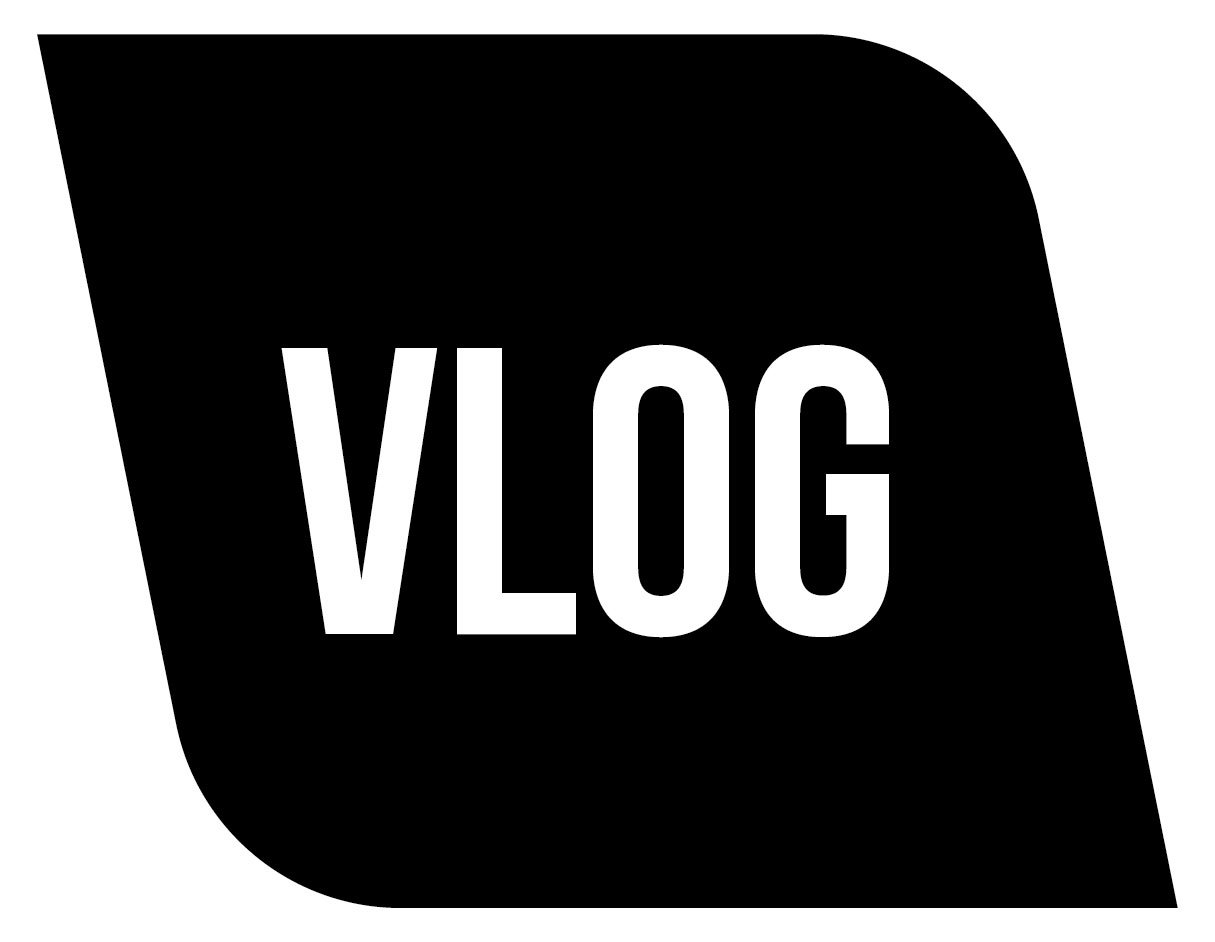
Euroclim - Think about our next generations.
The aim of Euroclim is to reduce the environmental footprint per litre of milk or kilogram of meat produced – without loss of efficiency and without additional costs for the farmer.
More info?
Contact us via info@dumoulin.eu.
Euroclim - Think about our next generations.
Reduced methane and CO2 emissions
In addition to the greatly reduced methane emissions, the Euroclim feed also has an impact on carbon emissions. Because only 100% European raw materials are used in this animal feed, Dumoulin is not dependent on environmentally damaging, long-distance transport. In this way, we only use short transports and reduce carbon emissions.
Raw materials with low food competition
Studies were done to find out which raw materials in the feed category could be better used for the production of meat in order to limit the raw materials in the food category as much as possible. For example, over 80% of the raw materials in the Euroclim range come from secondary flows, such as the circular economy, for example, wheat bran, a by-product of wheat flour. These are products that cannot be consumed by humans. As a result, Euroclim feeds require three times less raw materials that could be used for human nutrition.
GMO-free raw materials
The great advantage of 100% European raw materials is that none of these raw materials are genetically modified (GMO-free). This cannot be said of the soy imported from Latin America, for example. The fact that the raw materials do not come from Latin America also contributes to the fight against the deforestation of the Amazon rainforest.
Positive image of livestock farming
An important note is that the belgium beef cattle sector already makes an annual contribution to climate and environmental issues. The beef cattle sector is responsible for ‘just’ 4% of the total greenhouse gas emissions in Belgium. Compared to other sectors, this isn’t too bad: for example, industry is responsible for 28% of total greenhouse gas emissions, the energy sector for 22%, the transport sector for 19%, and an average family for 14%. But that does not alter the fact that we can always do better and will continue to do so.
How, then, does livestock farming play a role in global warming emissions?
Methane is one of the greenhouse gases that has an impact on the environment, along with CO2, among others. Livestock farming is one of the most important producers of methane because the digestion process in cattle produces methane that leaves the cow through eructation and flatulence. Eructation and flatulence that send methane into the atmosphere and thus contribute to greenhouse gas emissions. In addition, methane is 25 times more harmful than CO2 and solutions that help reduce methane emissions will have a greater impact on the environment.
Euroclim contributes to the reduction of methane emissions
The Euroclim label reduces methane emissions in beef cattle by up to 30% and in dairy cattle by up to 15%. This livestock feed has been developed by our own R&D department and can make a significant contribution to reducing Belgium’s ecological footprint. If all beef and dairy cattle in Belgium were to eat this Euroclim feed, we could have a significant impact on Belgium’s total CO2 emissions. This would take 225,000 tonnes of CO2 equivalent out of the air, comparable to the annual CO2 emissions from 130,000 cars. In addition, we would contribute 5% to the total reduction of CO2 emissions within agriculture according to the Kyoto Convention.
Together with our farmers, we aim for a positive, truthful image of livestock farming.
In other words, with respect for the profitability of our local farmers, respect for animal welfare, and attention to sustainable, long-term solutions.
The aim of Euroclim is to reduce the environmental footprint per litre of milk or kilogram of meat produced – without loss of efficiency and without additional costs for the farmer.
More info?
Contact us via info@dumoulin.eu.



